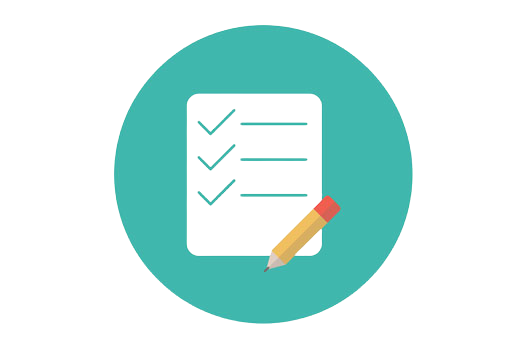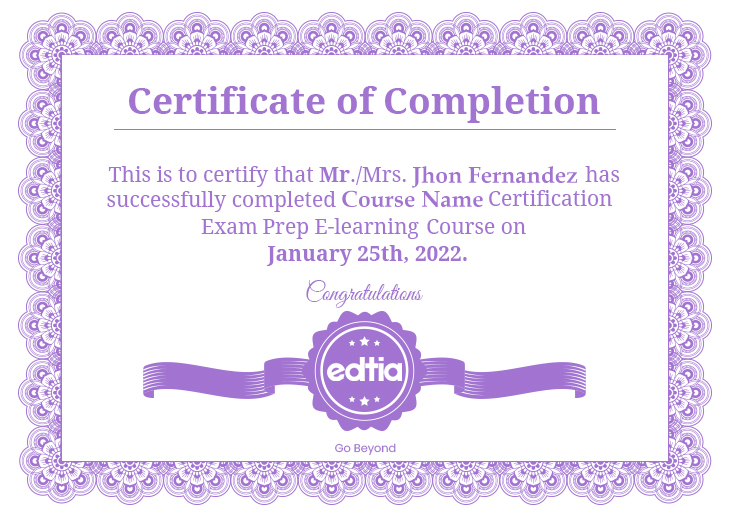Your Shopping Cart

Bestseller
The CCNA (Cisco Certified Network Associate) certification is a globally recognized entry-level credential offered by Cisco Systems, a leading networking technology company. This certification is designed for individuals who seek to establish a strong foundation in networking concepts and skills.
CCNA certification covers a wide range of networking topics, including network fundamentals, routing and switching technologies, network access, IP services, security fundamentals, automation, and programmability. Holders of the CCNA certification demonstrate their ability to configure, troubleshoot, and manage network devices, as well as their understanding of critical networking protocols and services.
The CCNA (Cisco Certified Network Associate) certification is an entry-level certification offered by Cisco that validates your skills and knowledge in networking fundamentals, including routing, switching, network security, and basic troubleshooting.
The CCNA certification can enhance your career opportunities in the IT networking field by demonstrating your proficiency in essential networking concepts. It's recognized globally and can help you stand out to potential employers.
The CCNA exam covers a range of topics, including network fundamentals, network access, IP connectivity, IP services, security fundamentals, automation, and programmability. These topics provide a comprehensive understanding of networking technologies.
The CCNA exam typically consists of multiple-choice questions, drag-and-drop questions, and simulation-based questions. It's designed to assess both your theoretical knowledge and practical skills in networking.
To prepare for the CCNA certification, you can use official Cisco study materials, practice exams, and online training courses. Setting up a lab environment to practise hands-on networking tasks is also highly recommended to reinforce your learning.
Explaining the roles and functions of components like routers, switches, access points, servers, endpoints, firewalls, IPS, and controllers
VLAN verification and configuration comprising multiple switches, including details on default VLAN, connectivity, and access ports
Interpreting routing table components including prefix, network mask, routing protocol code, next hop, metric, administrative distance, gateway of last resort
Configuring and verifying NAT through pools and static
Describing elements related to security programmes through user awareness, physical access control, and training
Describing the impact of automation on network management
Yes, hands-on experience is crucial for the CCNA certification. Practical experience in configuring and troubleshooting networks using actual networking equipment or simulators helps solidify your understanding of the concepts covered in the exam.
The exam duration for the CCNA certification is typically around 120 minutes (2 hours). However, this can vary slightly based on the specific version of the exam.
Yes, the CCNA certification is designed to cater to beginners with little to no networking background. It provides foundational knowledge and skills that are essential for building a career in networking.
Yes, Cisco offers online proctoring for the CCNA exam, allowing you to take the exam from the comfort of your home or office. However, there are specific requirements and guidelines to follow for online proctoring.
The CCNA certification is valid for three years from the date of certification. To maintain your certification status, you can recertify by passing a higher-level Cisco certification exam or by earning continuing education credits.


Every certification training session is followed by a quiz to assess your course learning.

The Mock Tests Are Arranged To Help You Prepare For The Certification Examination.

A lifetime access to LMS is provided where presentations, quizzes, installation guides & class recordings are available.

A 24x7 online support team is available to resolve all your technical queries, through a ticket-based tracking system.

For our learners, we have a community forum that further facilitates learning through peer interaction and knowledge sharing.

Successfully complete your final course project and Edtia will provide you with a completion certification.
The cost of the CCNA certification exam can vary based on your location and the specific version of the exam. It's recommended to check the official Cisco website for the most accurate and up-to-date pricing information.
There are no formal prerequisites for taking the CCNA certification exam. However, having a basic understanding of networking concepts can be beneficial.
The passing score for the CCNA certification exam is typically in the range of 800 to 850 out of a total of 1000 points. The exact passing score can vary based on the difficulty of the exam version.
Yes, you can retake the CCNA exam if you do not pass it on your first attempt. There is no waiting period to retake the exam, but you must pay the exam fee each time you take it.
The CCNA certification can open doors to various job opportunities in networking, such as network administrator, network technician, or support engineer. It's a recognized industry standard that validates your skills and knowledge.
